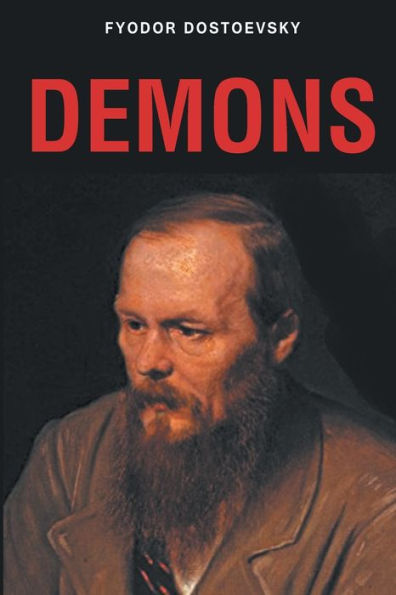
Memo:
In novel Demons, Fyodor Dostoevsky’s uses the concept of demonic possession to highlight the dangers of surrendering individual moral judgment for radical ideologies, similar to how Hannah Arendt and Aleksandr Solzhenitsyn showcase how people subscribe to totalitarian ideologies which contrast with there own personal views.
Ideas:
- Demons:
- Talk about Pytor Stepanovich, who is considered a radical revolutionary, and how his ideological thoughts lead him to commit terrible things
- Talk about the murder of Shatov. Pyotr Stepanovich and his inner circle murder him because he posed a threat to their organization. Pyotr believes that shatov will expose what they are doing to the town so they all murder Shatov. The people involved do not seem like they want to do this, and yet they do it anyway
- Talk about how Nikolai Stavrogin was overcome with nihilistic thinking and spiritual passivity. He is the absence of ideology and is a nihilist who doesn’t believe in the meaning of anything.
- Dostoevsky argues that Stavrogin’s upper-class and emotionally hollow upbringing made him the perfect person to become overwhelmed by nihilism ideology.
- Because he is a nihilist who doesn’t who has surrendered all moral judgement, he does terrible things like rape and assault.
- Eichmann and Jerusalem:
- Hannah Arendt argues in this novel that Eichmann did not possess the personality of someone who would have been called a demon or villain. Instead he was seemingly possessed by the radical ideas of the nazis
- Hannah Arendt coins the term the “banality of evil” and tries to make the argument that Eichmann was not a terrible person, but was convinced into extreme radical thinking through his chain of command.
- Stavrogin, similar to eichmann, was not initially a terrible person but was taken up by and possessed by the ways of thinking by others in their circle.
- The Gulag Archipelago:
- In this novel, Solzhentisyn talks about how people cannot be sorted into the categories of demons and angels.
- While it is easy to condemn people and call them a demon for their horrible actions, Solzhenitsyn is more concerned with understanding the reasoning behind why people become possessed with radical authoritarian ideologies.
- Solzhenitsyn believes the first step to combating authoritarianism is to understand how it convinces people to commit horrible deeds in its name. Once we understand that, we can start to understand and combat these ways of thinking, and I believe both Arendt and Dostoevsky would believe this
Leave a Reply